Our Mission
The St Vincent's Prostate Cancer Research Centre has a mission to improve prostate cancer outcomes and the care men and their families receive during their prostate cancer journey. Since its inception in 2004 the Centre has had and continues to have success in this thanks to a national and international network of centres of excellence and their talented researchers. The high quality and cutting edge clinical and tranlsational research performed drives the great advances made in the selection and treatment of patients. I can assert this confidently since it too is based on research run by the Garvan and aptly called the "quality of life outcomes in patients undergoing emerging techniques for the treatment of localised postate cancer". I initiated this prospective study back in 2007 and it tells us that the quality of life for those men who suffer or will suffer from prostate cancer has significanlty improved.
The main mandate of the Research Centre is to perform clinical and translational research in collaboration with the clinicians of St Vincent's Campus including The Nuclear Medicine and Theranostics Centre, The Genesis Radiotherapy Centre, The Medical Oncology Centre, The Men’s Health Centre, The Genetics Centre as well as the scientists at the Garvan Institute of Medical Science and The Kinghorn Cancer Centre.
That said, there are a host of other centres with which we have long standing, highly valuable and ongoing collaborations. Nationally they include Imed Radiology, Chris O'Brien Lifehouse, Royal North Shore Hospital, St George Hospital, Liverpool Hospital, Monash University, the Wesley Urology Centre and the Epworth Research Centre. Internationally we collaborate with Sloan Kettering, the Netherlands Cancer Institute, University College Hospital London, the Cleveland Clinic, Case Western Reserve University and Toronto University.
Finally I would add that in my role as a doctor who cares for prostate cancer patients my team and I have relied on research to bring innovative treatments into clinical practice. Urologists here at St Vincent's and elsewhere are certainly indebted to the extraordinary output of the St Vincent's Cancer Research Centre.
Professor Phillip Stricker AO
Director
Our Research Team
-
 Prof Phillip Stricker
Prof Phillip Stricker
Director -
 A/Prof James Thompson
A/Prof James Thompson
Co Director -
 Dr Matthijs Scheltema
Dr Matthijs Scheltema
International Post Doctoral Researcher -
 Dr Bart Geboers
Dr Bart Geboers
International Research Fellow -
 Dr Alex Blazevski
Dr Alex Blazevski
Research Fellow -
 Dr Paul Doan
Dr Paul Doan
Research Fellow -
 Dr Daniel Feng
Dr Daniel Feng
Research Fellow -
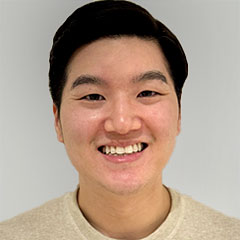 Dr Jason Jung
Dr Jason Jung
Research Fellow -
 Dr Zhixin Liu
Dr Zhixin Liu
Statistician -
 Ms Anne-Maree Haynes
Ms Anne-Maree Haynes
Biobank Data Manager - Garvan Institute -
 Ms Shikha Agrawal
Ms Shikha Agrawal
Clinical Research Coordinator -
 Ms Jayne Matthews
Ms Jayne MatthewsCoordinator
Our Collaborators
-
 Prof Anthony Joshua
Prof Anthony JoshuaMedical Oncologist
St Vincent’s Hospital
Dept of Medical Oncology
-
 Adjunct Prof Warick Delprado
Adjunct Prof Warick DelpradoUrological Pathology
Douglass Hanly Moir
Dept of Anatomical Pathology
-
 Prof Louise Emmett
Prof Louise EmmettDirector & Nuclear Medicine Specialist
St Vincent’s Hospital
Dept of Theranostics and Nuclear Medicine
-
 Prof Mark Frydenberg
Prof Mark FrydenbergUrologist
Monash University & Cabrini
Dept of Urology
-
 A/Prof John Yaxley
A/Prof John YaxleyUrologist & Principal Investigator
Wesley Urology Clinic
Dept of Urology
-
 Dr Ron Schnier
Dr Ron SchnierRadiologist
I-MED Radiology Network
Dept of Medical Imaging
-
 Dr Kris Rasiah
Dr Kris RasiahUrologist
Royal North Shore Hospital
Dept of Urology
-
 Prof Sue Clark
Prof Sue ClarkHead of Lab & Senior Researcher
The Garvan Institute
Dept of Genomics and Epigenetics
-
 Prof Lisa Horvath
Prof Lisa HorvathDirector of Research
Chris O'Brien Lifehouse
Dept of Oncology
-
 Prof Nathan Lawrentschuk
Prof Nathan LawrentschukEpworth
Dept of Urology
-
 Prof Anant Madabhushi
Prof Anant MadabhushiBiomedical Engineer
Case Western Reserve University
Dept of Biomedical Engineering
-
 Prof Declan Murphy
Prof Declan MurphyUrologist
Peter MacCallum Cancer Centre
Dept of Urology
-
 Dr Jeremy de Leon
Dr Jeremy de LeonRadiation Oncologist
Genesis Care
Dept of of Radiation Oncology
-
 Prof Arnauld Villers
Prof Arnauld VillersUrologist
University of Lille (France)
Dept of Urology
-
 Dr Eric Klein
Dr Eric KleinUrologist
Cleveland Clinic
Dept of Urology
-
 Prof Laurence Klotz
Prof Laurence KlotzUrologist
Sunnybrook Health Sciences Centre
Dept of Urology
-
 Prof Mark Emberton
Prof Mark EmbertonUrologist
University College London Hospitals
Dept of Urology
-
 Dr Pim van Leeuwen
Dr Pim van LeeuwenUrologist
Antoni van Leeuwenhoek Hospital
Dept of Urology
Achievements
Our BioBank collection and related CANSTO database is amongst the largest of its type in the world. The database contains almost 16,000 records of men with prostate cancer. There are many national and international studies conducted into radical prostatectomy and other treatments that rely on this extensive resource of fixed and fresh tissues, blood and other specimens and documentation. Established in 1994 at the Garvan this is a remarkable achievement.
Another standout in our clinical research is the ongoing quality of life longitudinal study. It follows patients after prostate cancer treatment with Nanoknife or Radical Prostatectomy performed by doctors from St. Vincent’s Clinic.
More recently our research into PSMA PET scanning that culminated in the “PRIMARY” study published in European Urology is ground-breaking. It looked at the diagnostic value of these imaging modalities and pointed the way to a future where less men with an elevated PSA will have biopsies and where less cancers will be missed.
Whilst the PRIMARY study was recognised as the Best Scientific Paper published in European Urology in 2021 it is important not to forget the depth and range of all our contributions to the literature. Over 200 peer reviewed international publications have resulted from the Centre's research to date. The impact has been considerable and is itself a remarkable achievement.
Education
Education is also an integral part of the St Vincents Prostate Cancer Research Center. Research fellows are employed annually, often achieving a masters or PhD during their one to two year training fellowships.
Lisa Horvath PhD, Dr James Thompson PhD and Alexander Blazevski PhD are notable alumni and current collaborators. Lisa is now Director of Research Chris O’Brien Lifehouse and committee member of the BioBank at The Garvan Institute of Medical Research. James is a consulting urology surgeon at St George, St Vincent’s Clinic and Hurstville and Honorary VMO St Vincent’s, Australia. He is principal investigator on the current multi-centre project PIAS study. Alexandar Blazevski PhD is a Urology resident at Liverpool Hospital. He collaborates on research projects in Focal Irreversible Electroporation (IRE), PSMA/MRI Imaging, Robotic Surgery and Immunotherapy for prostate cancer.
Doctors Richard Savdie (Masters), James Symons (Masters) and Kris Rasiah (PhD) were all fellows of our program. Outstanding urologists, they continue to participate in prostate cancer research and are all collaborators in the PIAS study. There are many others and most go on to make important contributions to research and/or to urology generally.
The educational program is both vital and productive, and is considered an indispensable part of the St Vincents Prostate Cancer Research Center.
Advisory Committee
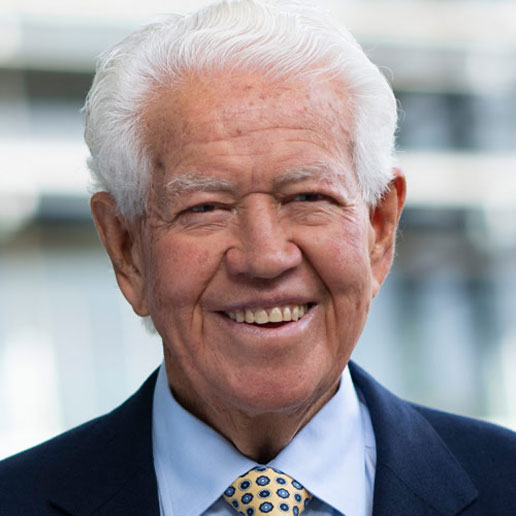 Mr Marcus Blackmore AM
Mr Marcus Blackmore AMChairman Blackmore Foundation
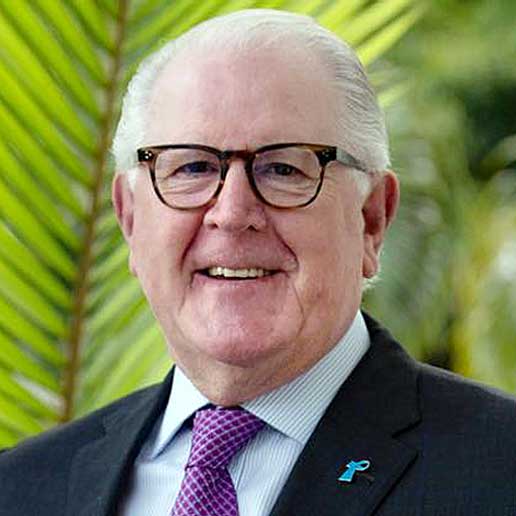 Adjunct A/Prof Steve Callister AM
Adjunct A/Prof Steve Callister AMNational Chairman PCFA
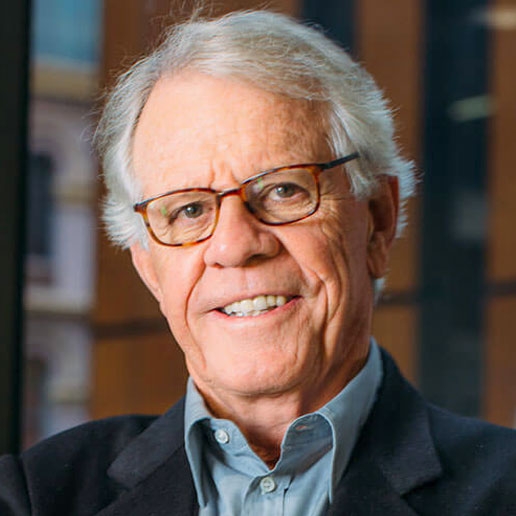 Mr Peter Joseph AM
Mr Peter Joseph AMChairman Black Dog Institute
Former Chair St Vincents & Mater Health Sydney
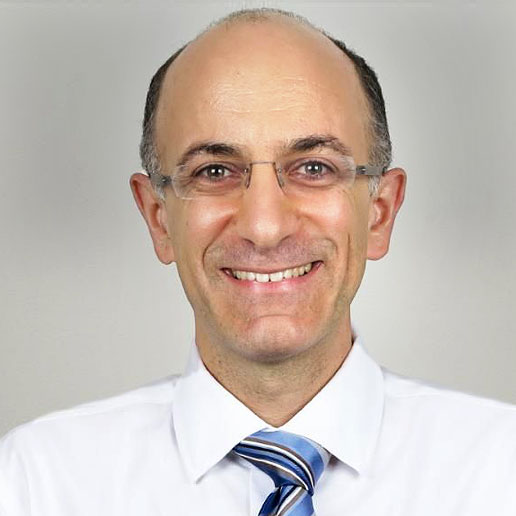 Prof Anthony Joshua
Prof Anthony JoshuaProgram Director Oncology Translational Research Garvan
 Ms Jayne Matthews
Ms Jayne MatthewsSVPCRC Coordinator
Clinical Manager Prof Phillip Stricker
 Mr Brent Potts
Mr Brent PottsFounder & Chairman of Blue Ocean Equities
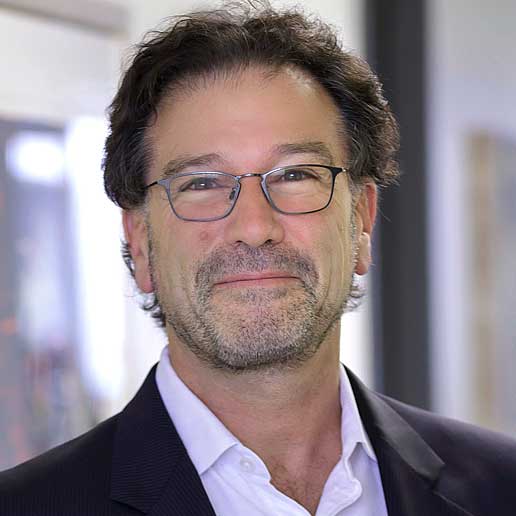 Prof Phillip Stricker AO
Prof Phillip Stricker AOSVPCRC Director
Urolgical Surgeon
Head of Department of Urology SVPH
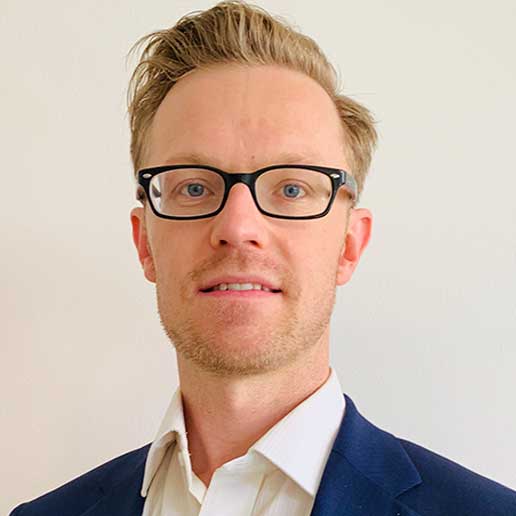 A/Prof James Thompson
A/Prof James ThompsonUrolgical Surgeon
Honorary Senior Research Fellow Garvan
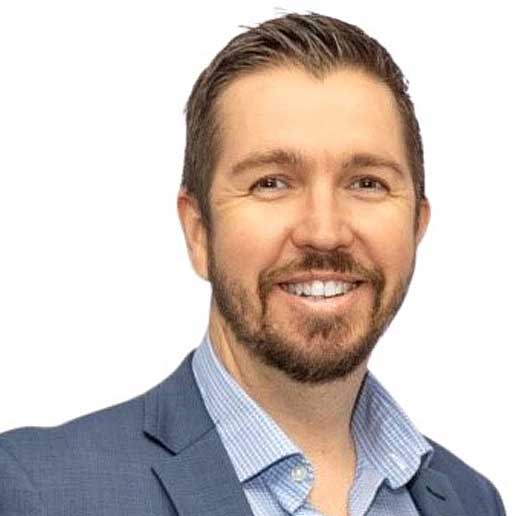 Mr Matt Wall
Mr Matt WallGeneral Manager SVPH
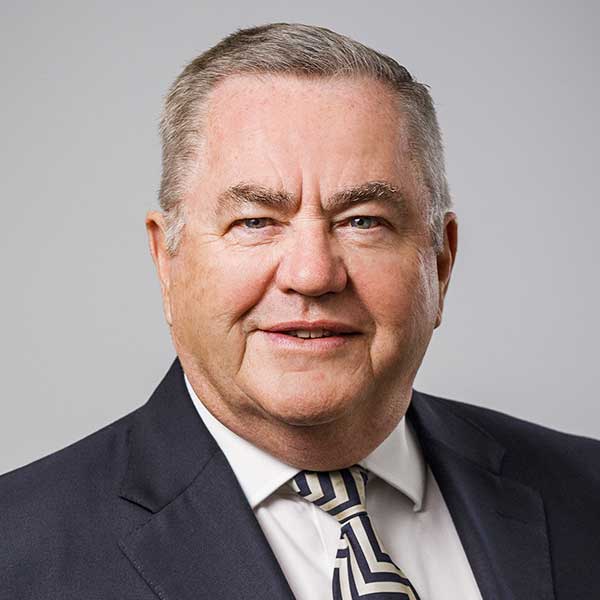 Mr Paul Warren OAM
Mr Paul Warren OAMSVPCRC Chairman
Executive Director Peter Warren Automotive
Non-Advisory Members
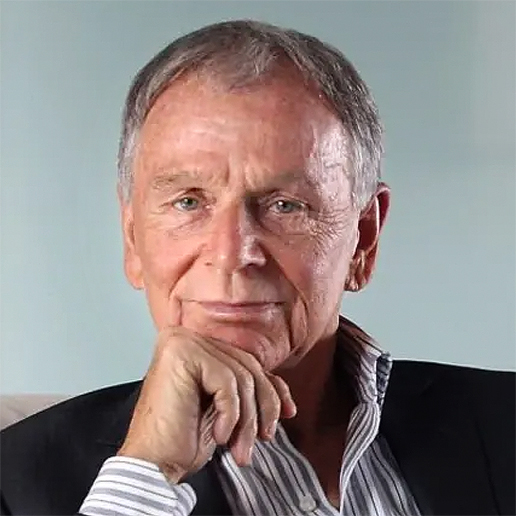 Mr Geoff Dixon
Mr Geoff DixonCorporate Executive
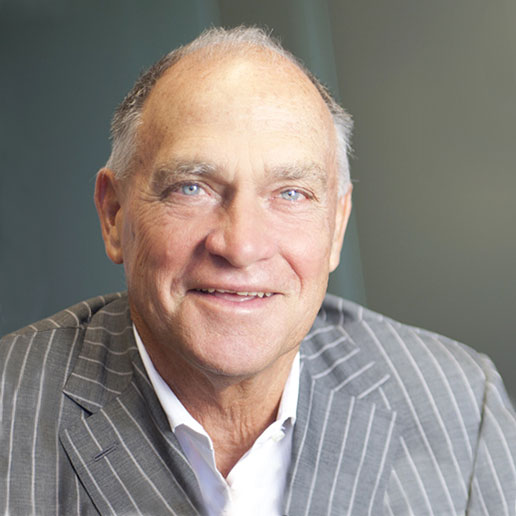 Mr Brian White AO
Mr Brian White AOChairman Ray White Group